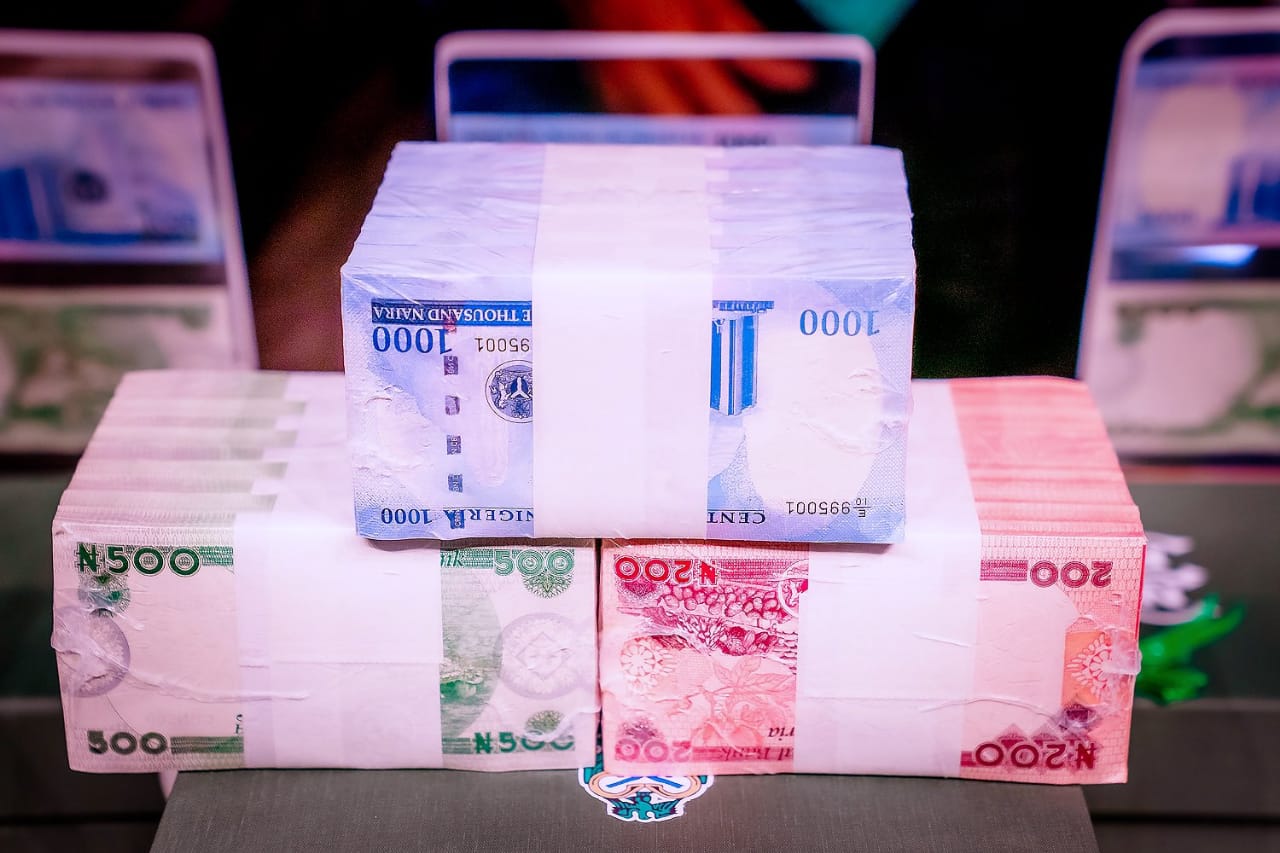
Many stakeholders have urged the CBN to extend its deadline for the phasing out of the old N1,000, N500 and N200 notes from January 31 to June 30, 2023, but the apex bank has maintained its stand on the issue.
Speaking during the sensitisation to the new notes to market men and women at the Oja Oba Market, Akure, the Ondo State capital, on Wednesday, the CBN Acting Branch Controller in Ondo State, Mr Giwa Ademola, said the motive of the sensitisation was to inform the public about the newly redesigned naira notes.
Ademola added that the event was also organised to inform them on the need to deposit the old notes before the deadline.
He said: “The benefits of the currency redesign to the Nigerian economy are enormous given that this policy will help to control inflation, as the exercise will bring the hoarded currency into the banking system, thereby making monetary policy more effective.
“It will also help with better design and implementation of monetary policy as we will have much more accurate data on money supply and monetary aggregates.
“Statistics show that N2.72 trillion out of the $3.26 trillion currency in circulation as of June 2022 was outside the vaults of commercial banks across the country, and supposedly held by members of the public. This statistic shows that 84.71 per cent of currency in circulation are outside the vaults of commercial banks, with only 15.29 per cent in the central bank and commercial banks’ vaults.
“We believe that this exercise will help in increasing financial inclusion, moving towards a more cashless economy, and ensuring greater formalisation of the Nigerian economy.
“The currency redesign will assist in the fight against corruption as the exercise will rein in the higher denomination used for corruption, and the movement of such funds from the banking system can be tracked easily.”
The CBN boss advised Nigerians to ensure that they deposit cash with them at their commercial banks, as there is no limit to how much a customer can deposit between now and January 31, 2023.
Ademola admonished the public to explore other payment channels, such as eNaira, the Point of Sales, electronic transfer, the USSD, Internet banking and mobile money operators and agents, for their economic activities.





